Do you know what is spiritual counseling? This new therapy technique is taking the world by storm! Here’s your chance to know all about it!
As we navigate the intricate journey of life, we often encounter challenges that require not just physical or emotional healing, but also spiritual.
Spiritual Counseling, often also referred to as Spiritual Therapy, provides a bridge between the physical world and the deeper, often intangible realm of the spirit.
To know what is spiritual therapy, what are examples of spiritual therapy, its benefits, and other facts, read on!
Read What Is Spiritual Health And Reasons Why You Should Never Ignore Your Spiritual Wellness
What is Spiritual Counseling?
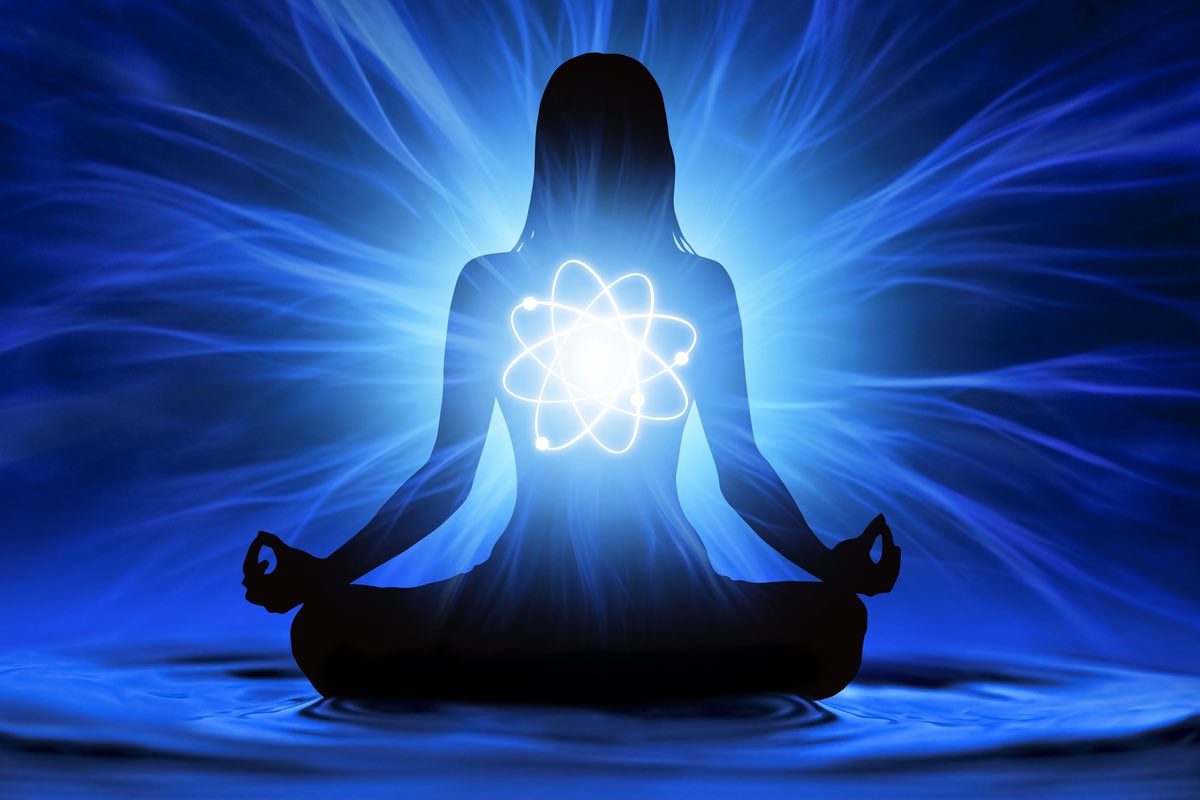
Spiritual Counselling is a therapeutic approach that encompasses an individual’s spiritual beliefs and practices.
Unlike traditional counseling, which may focus primarily on emotional or psychological issues, spiritual counseling delves into the soul’s journey, life purpose, and connection with a higher power or the universe.
It aids in aligning one’s life with their spiritual beliefs and values.
When Do You Need Spiritual Counselling?
- Spiritual Crisis: When experiencing a crisis of faith or spiritual awakening.
- Seeking Life Purpose: At moments of existential questioning or seeking one’s life’s purpose.
- Grief & Loss: Navigating the loss of a loved one and seeking understanding from a spiritual perspective.
- Feeling Disconnected: When feeling disconnected from oneself, others, or the universe.
- Emotional Or Mental Distress: When struggling with issues such as depression, anxiety, addiction, etc.
Benefits of Spiritual Counseling
Here are the numerous benefits of spiritual counseling:
1. Holistic Healing:
Spiritual counseling doesn’t view problems merely as isolated events or issues. Instead, it sees them in a larger context – encompassing mind, body, and spirit.
This holistic approach often leads to more profound healing as it addresses all aspects of an individual’s being.
2. Enhanced Self-awareness:
By diving deep into spiritual realms and introspective practices, individuals often gain insights into their behaviors, patterns, and underlying beliefs. This heightened self-awareness can be pivotal in recognizing and breaking unproductive patterns.
3. Deeper Connection to Self and Others:
Engaging with one’s spiritual side often paves the way for a deeper connection to the inner self. It can also promote understanding and empathy towards others, fostering stronger, more meaningful relationships.
4. Coping Mechanisms:
Life is unpredictable and often challenging. Spiritual counseling provides tools and insights to navigate these challenges, from everyday stresses to significant life events like bereavement.
By understanding events from a spiritual perspective, individuals often find a renewed strength to cope.
5. Purpose and Direction:
One of the most profound benefits of spiritual counseling is the clarity it can bring in terms of life’s purpose. Many individuals find renewed motivation and direction after engaging in spiritual therapeutic practices.
6. Reduced Feelings of Isolation:
In moments of distress or existential crises, individuals often feel isolated. Spiritual counseling can foster a sense of connection – to a higher power, the universe, or a broader community of believers – reducing feelings of loneliness or alienation.
7. Stress Reduction:
Spiritual practices like meditation, mindfulness, and prayer – often employed in spiritual counseling – have been shown to reduce stress, promote relaxation, and enhance overall well-being.
8. Reconciliation with Past Traumas:
Spiritual counseling can help individuals find meaning in traumatic events and guide them toward healing. This approach often involves reframing past traumas in a spiritual context, allowing for forgiveness, acceptance, and ultimately, peace.
9. Harmony and Balance:
At its core, spiritual counseling aims to create a harmonious balance between the physical, emotional, and spiritual aspects of an individual. This equilibrium often results in a more centered, content, and fulfilled life.
10. Empowerment and Growth:
Engaging with one’s spiritual self can be an empowering experience. It provides individuals with tools to take charge of their lives, fostering growth, resilience, and adaptability.
Read Divine Healing Meaning: 9 Divine Healing Techniques That Defy Logic
Spiritual Therapy Techniques
Now, that we have understood what is spiritual therapy, let’s delve deeper into some of these spiritual therapy techniques and how they function:
1. Meditation & Mindfulness:
Meditation is a practice where individuals focus their minds and eliminate the stream of thoughts to achieve clarity and tranquility. Mindfulness is a form of meditation that emphasizes living in the present moment without judgment.
Both practices promote self-awareness, reduce stress, and help individuals connect with their inner selves.
The act of focusing one’s attention in meditation or being present in mindfulness can provide insights into patterns of thought and behavior, facilitating healing.
2. Guided Imagery:
A technique that utilizes visualization and imagination to bring about positive changes and healing. Under the guidance of a therapist, individuals visualize a scene, situation, or journey that relates to their healing.
This technique can help access the subconscious mind, bringing forward insights and promoting relaxation and healing.
3. Past Life Regression:
This technique explores the belief in reincarnation, allowing individuals to revisit their past lives through hypnosis.
Some believe that traumas and patterns from past lives can affect the current life. By revisiting these lives, individuals can understand and heal longstanding patterns or fears.
4. Chakra Balancing:
Rooted in ancient Indian tradition, this technique focuses on the seven main energy centers (chakras) of the body. When these energy centers are balanced, it promotes physical, emotional, and spiritual well-being.
Techniques such as energy healing, crystals, sound therapy, or guided meditation may be used to balance chakras.
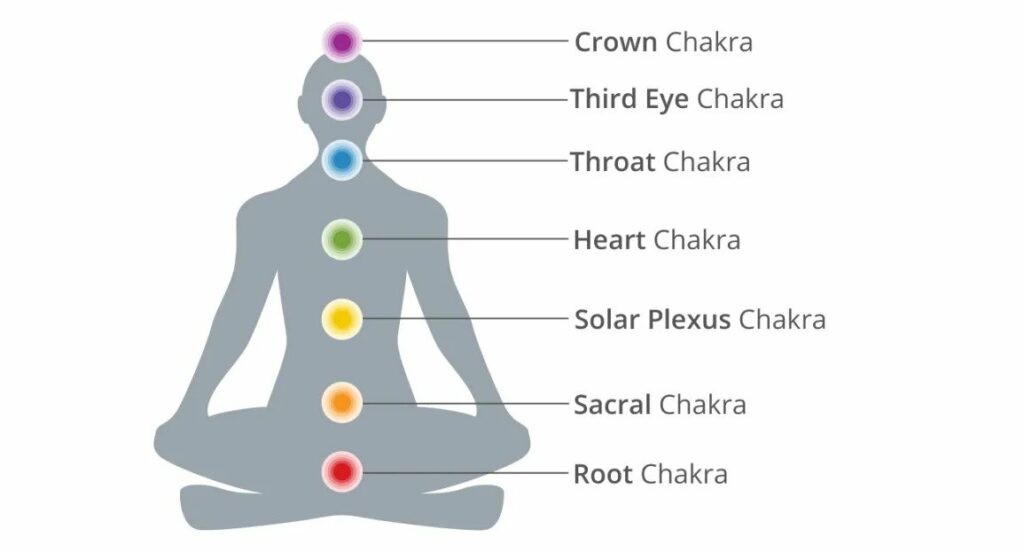
5. Spiritual Journaling:
Writing as a means to connect, reflect, and communicate with the divine or inner self. Regularly journaling thoughts, feelings, dreams, or communications with a higher power can provide clarity, release pent-up emotions, and serve as a tool for reflection and growth.
6. Dream Interpretation:
Analyzing and interpreting dreams to glean insights and guidance. Dreams are believed to be the subconscious mind’s way of processing emotions, situations, and spiritual messages. By interpreting them, individuals can uncover hidden feelings, fears, and insights.
7. Soul Retrieval:
Rooted in shamanic traditions, this technique involves retrieving parts of the soul that might have become disconnected due to trauma. A spiritual healer or shaman journeys to retrieve these lost soul parts, restoring wholeness and healing trauma.
8. Energy Healing:
A technique that works on the belief that the body has an innate energy system. Healers channel healing energy (like in Reiki) or remove blockages (as in Pranic healing) to restore balance and promote physical, emotional, and spiritual healing.
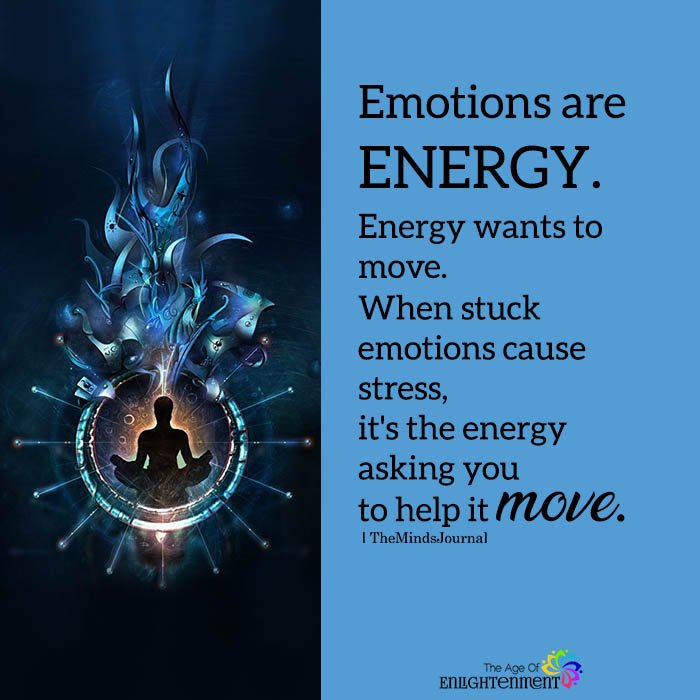
9. Affirmations and Mantras:
Positive statements or sacred sounds are repeated to create positive change. By regularly repeating affirmations or mantras, individuals can shift negative thought patterns and create positive beliefs, aligning with desired outcomes.
Read 5 Best Ways To Feng Shui Your Home For Positivity
Difference Between Spiritual Counseling and Traditional Counseling
While both forms aim at aiding individuals in achieving a balanced and fulfilling life, their approaches and focal points differ:
- Focus: Traditional counseling generally focuses on mental and emotional well-being, while spiritual counseling incorporates the spiritual aspect.
- Techniques: Traditional counseling may use cognitive-behavioral techniques, psychoanalysis, and others, while spiritual counseling would lean towards meditation, energy work, and spiritual connection.
- Belief Systems: Spiritual counseling often integrates an individual’s spiritual or religious beliefs into the therapeutic process.
Side-Effects of Spiritual Therapy
Like any therapeutic approach, spiritual therapy is not immune to potential pitfalls:
- Over-Reliance on Spiritual Beliefs: Overemphasis on spirituality might lead some to neglect medical or psychological treatments.
- Potential for Misguidance: If not conducted by trained professionals, there’s a risk of misinterpretation of spiritual signs or experiences.
- Emotional Overwhelm: Delving deep into spiritual realms might bring up unresolved traumas, leading to emotional turmoil.
In conclusion, while spiritual counseling offers a profound avenue for soulful exploration and healing, it’s crucial to approach it with an open mind and under the guidance of trained professionals.
When integrated with traditional therapy, it can lead to holistic healing, aligning the mind, body, and spirit in harmony.
Now that you know what is spiritual counseling and what are examples of spiritual therapy, will you be up for trying it out? Let us know in the comments.
Frequently Asked Questions
What is spiritual Counselling?
Spiritual Counselling is a therapeutic approach that encompasses an individual’s spiritual beliefs and practices.
What happens in a spiritual Counselling session?
The therapist helps the client to access their spiritual belief in a higher power and use it to address their emotional or psychological issues or life challenges.
What are the examples of spiritual counseling?
Some common techniques include meditation, prayers, chanting, reiki, past life regression, and more.



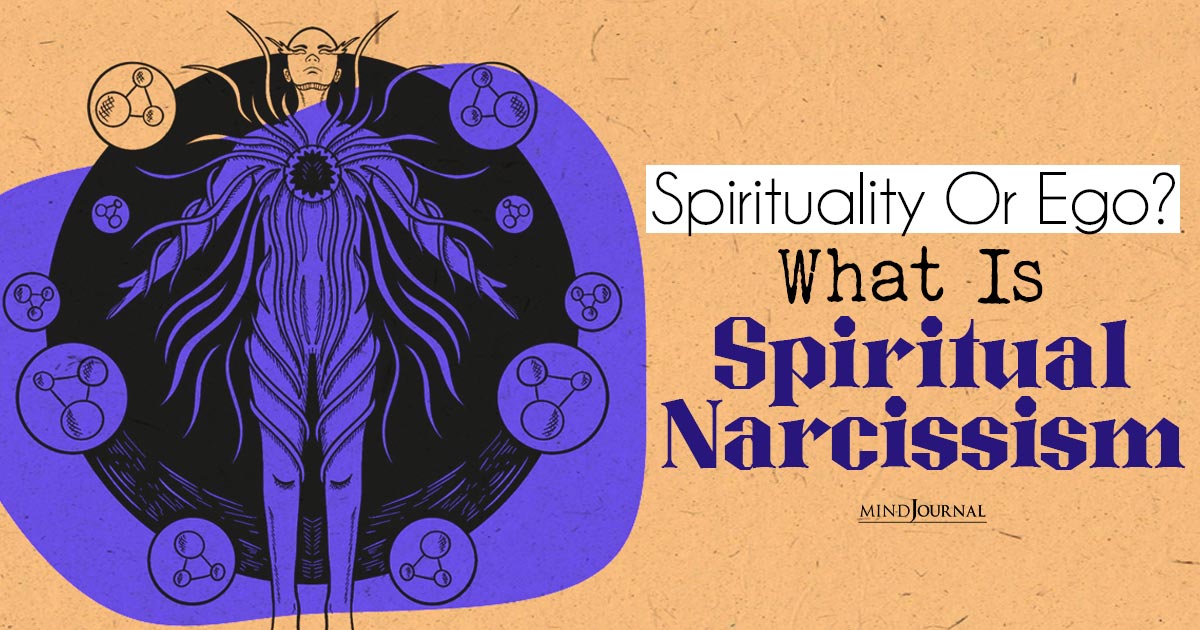
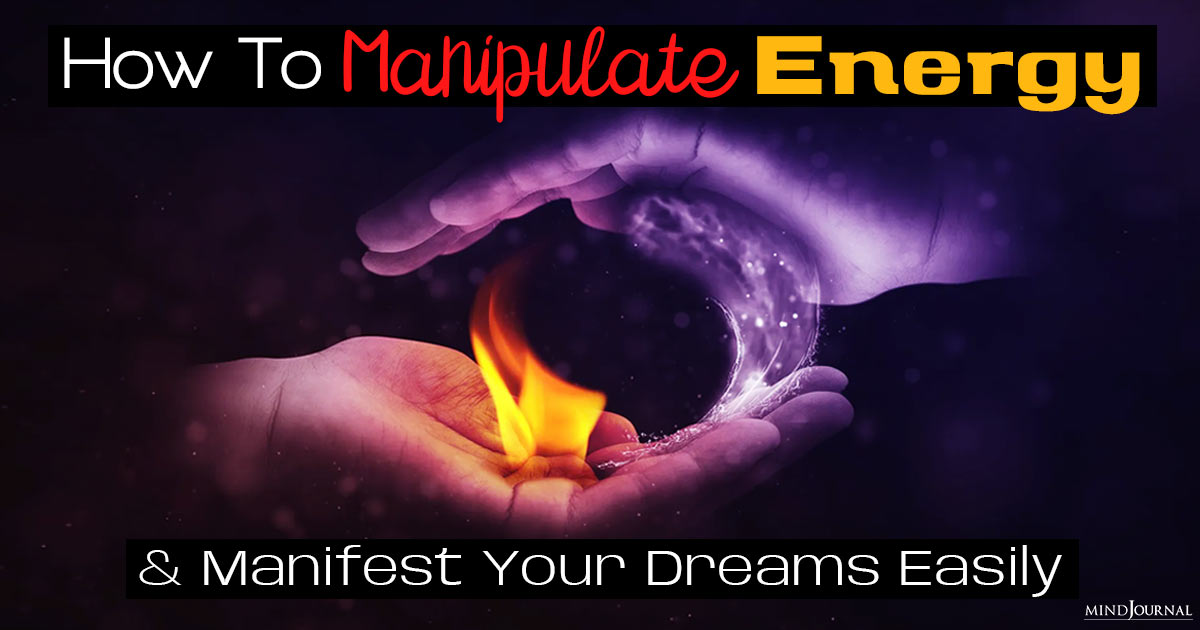

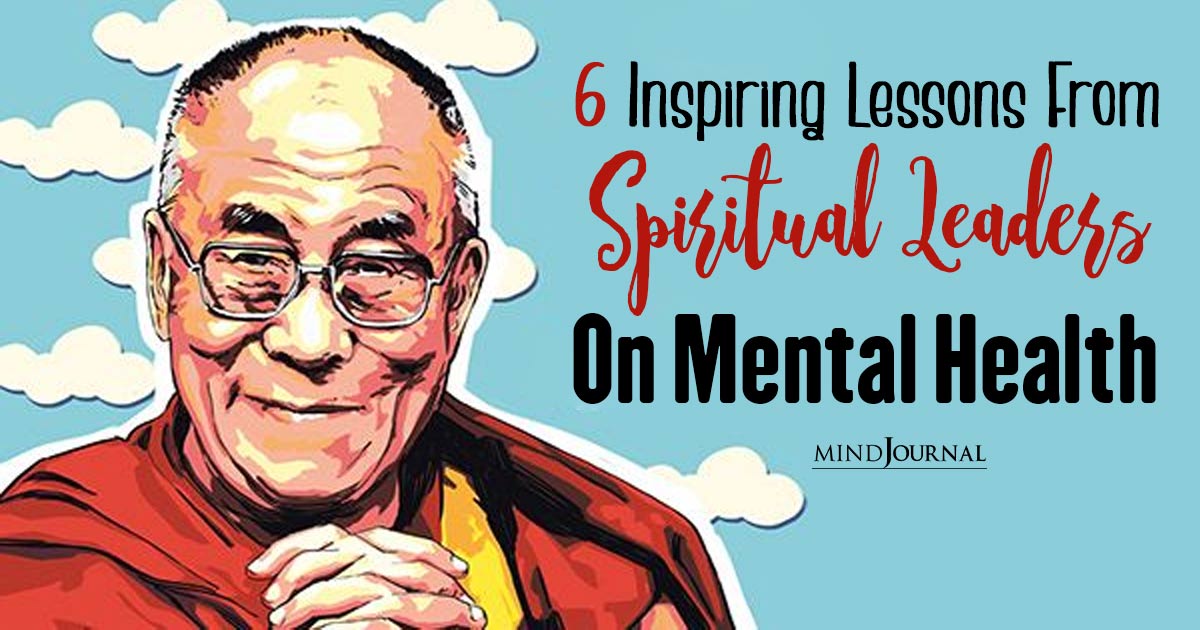


Leave a Reply
You must be logged in to post a comment.